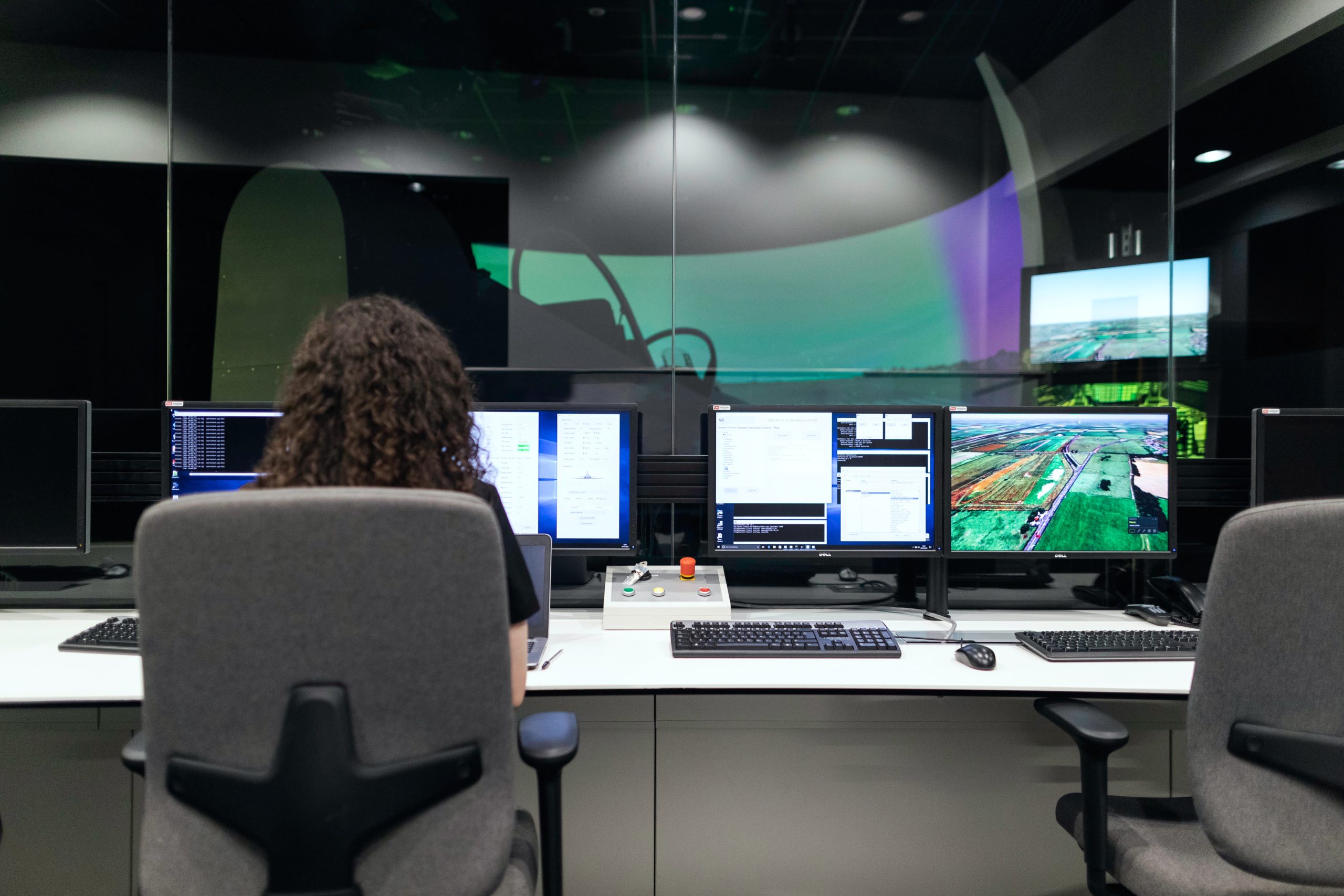
Software and new technology in logistics
25 November 2021
Today, the environment in which we live is characterised by external competitiveness. From the simplest operation to the approach of strategies within the company, such as suppliers and customers. This means that the development of technology in software has been a fundamental key to be able to optimise these operations and promote automation and new configurations at the level of information flow.
Companies have also rethought their entire organisation, their activities and systems, from customer service and commitment to the fulfilment of their commitments as a company. Right down below, we explain in detail 3 (three) of the main new technologies applied to logistics activity now a days.
EDI systems (Electronic Data Interchange)
On the one hand, we have the EDI software or electronic data interchange. This software t is used for the electronic exchange of documents, which, since the year 2000 (two thousand), has been consolidated as the basis for networked business relations in Europe. This is because it can be adapted to the needs of each company. It is used in processes such as the following:
- Order forecasting.
- Order confirmation.
- Goods dispatch notifications.
- Goods delivery notes.
- Some of the electronic data interchange that exist at European level include the following: ODETTE (Organisation for Data Exchange by TeleTransmission in Europe), DISH (Data Interchange in Shipping) and AECOC (Spanish Association of Commercial Coding).
The main advantages of the Electronic Data Interchange software are:
- Saving time in processes such as those mentioned above: order confirmations, dispatch notifications, and many more.
- The reduction or almost elimination of human errors.
- The reduction of costs or business expenses (either internal or external).

Warehouse Management System (WMS)
On the other hand, WMS are computerised warehouse management systems that are responsible for the automation of processes within the warehouse itself. Their functions include some such as the following: the receipt of materials, the materials’ storage, the preparation of orders, the dispatch of orders and the counting system.
As a consequence of the automation of processes involved in the application of warehouse management systems, they control in real time all the operations carried out in the warehouse. It is increasingly common for these programmes to be incorporated as management models for large and small warehouses.
ERP (enterprise resource planning) and SCM (supply chain management)
ERPs or enterprise resource planning are integrated data software that manage the company’s internal resources. That is: material, personnel, budgets, among others. They provide valuable information for decision making processes within a company. And it is about the internal management of the company to optimise its departments and functions, from the most basic all the way to the top.
While integrated software such as SCMs or supply chain management manage the flow of external information coming into the company itself. That is: suppliers, logistics operations, customers and many others. This type of management allows the supply chain to be optimised from stock to the distribution of goods.
Benefits of new software in logistics
So, because the logistics sector is facing new challenges every single day since technology started evolving so fast, in order to be able to adapt to these new changes, we can find different kinds of benefits of applying these technologies within the different phases of the supply chain, such as the following:
- A greater ability to identify operations that can be improved. As well as the strategies employed.
- Optimisation of those operations and strategies applied.
- Improved visibility across a new value chain.
- Better decision making.
- Improved response time to different problems.
- Improved stock management and storage processes.
- Reduced costs and budgets.
- A more accurate and agile distribution.
- Adaptation to different market needs.
 1Logistics in 2025: Year in Rev...
1Logistics in 2025: Year in Rev...31 December 2025
 2Short Sea Shipping: an efficie...
2Short Sea Shipping: an efficie...30 November 2025
 3Digital Customs: The Transform...
3Digital Customs: The Transform...24 September 2025
찾고 계십니까?
댓글 (0)
댓글이 없습니다. 첫 번째가 되세요!